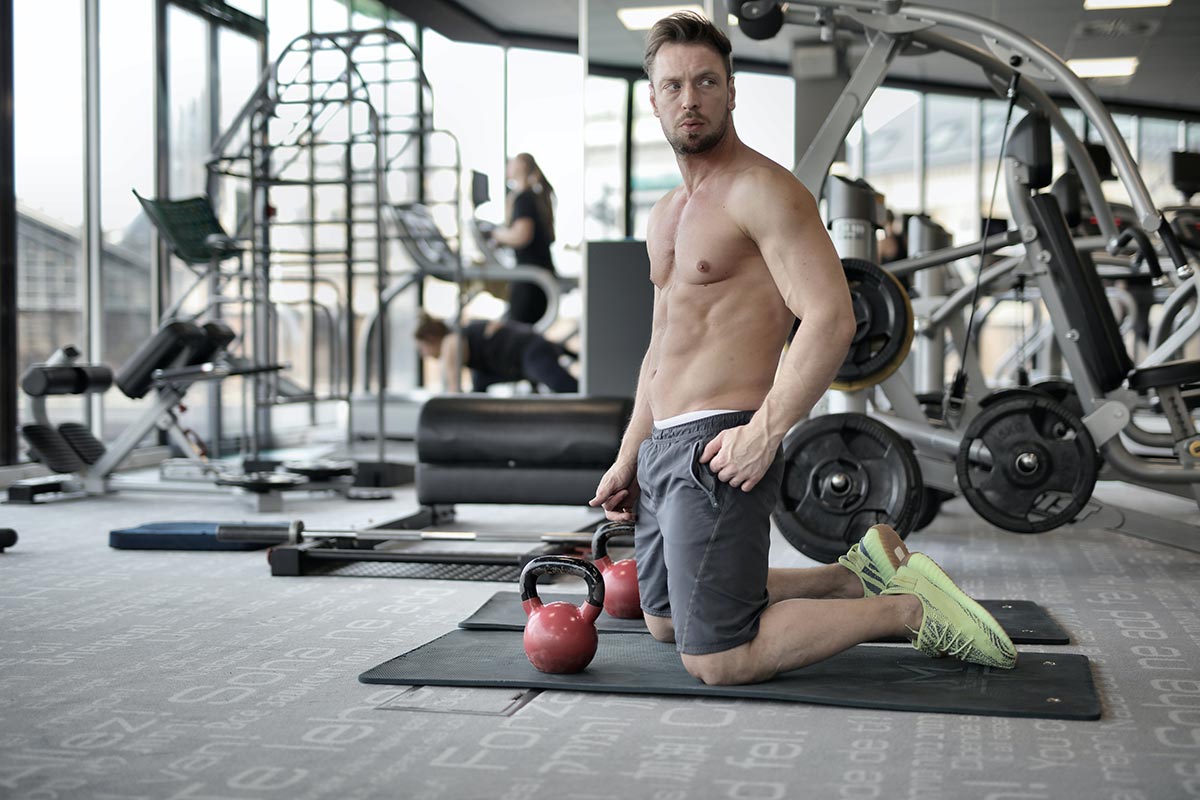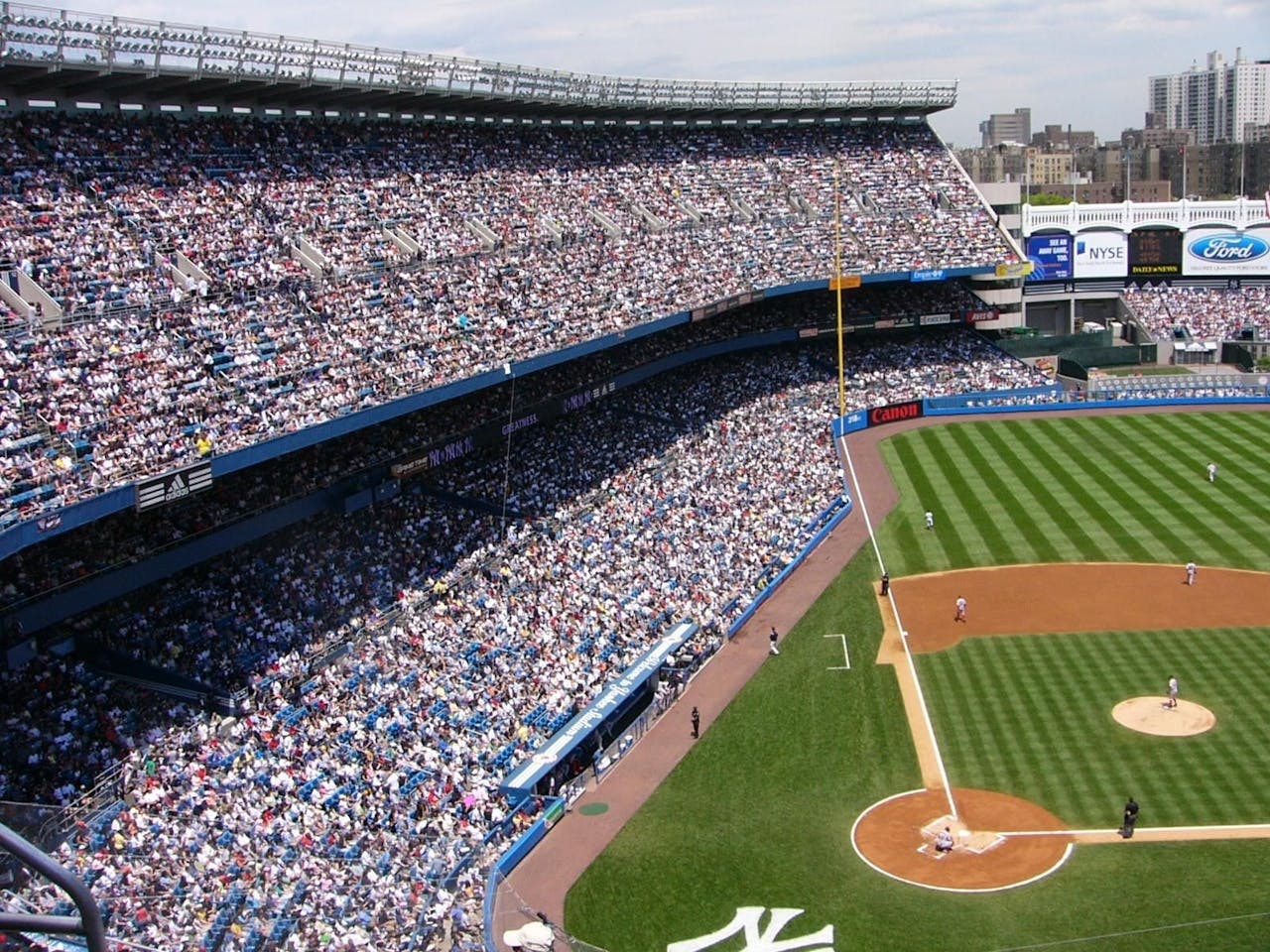When most people think of strength training, the image of heavy weights, intense exercises, and personal bests probably comes to mind. Big squats, bench presses, and power cleans dominate the conversation, often accompanied by shouts of encouragement and the clanging of weights hitting the floor. And yes, while these moments are part of the allure, they represent only a small fraction of what it truly means to build sustainable strength.
The Myth of Intensity
After nearly two decades in strength sports, I can confidently say that while the high-intensity, PR-shattering moments are important, they make up perhaps 5% of what truly contributes to progress. What about the remaining 95%? That’s where the magic lies—doing the work for the sake of doing the work. This often-overlooked aspect of training is the foundation of success and the key to avoiding burnout, injuries, and stagnation.
What Does "Doing the Work" Mean?
At its core, "doing the work" refers to general training, also known as work capacity training, GPP (General Physical Preparation), recovery work, or prehab. This is the consistent, sometimes monotonous effort that builds a strong foundation for your "important lifts." Think of it as the unsung hero of strength training—responsible for 90% of the gains you’ll ever achieve. It’s not flashy, but it’s effective.
The Warm-Up: Preparing for Success
A proper warm-up is more than just touching your toes and calling it a day. At our training facility, "The Compound," every session begins with dynamic flexibility exercises. These movements prepare the body for the upcoming workout, increasing range of motion, blood flow, and overall readiness. A thorough warm-up often lasts 10 minutes or more and, for beginners, can feel like a workout in itself.
Some athletes take their preparation a step further by incorporating bodyweight circuits, medicine ball exercises, or core-focused routines. These additions improve muscular endurance, general conditioning, and injury prevention. You might wonder, "Doesn’t this exhaust you before the main workout?" The answer is no. Instead, it primes the body, ensuring peak performance during high-intensity lifts.
The Cool-Down: Finishing Strong
The end of a workout is an opportunity to address weak areas and build overall conditioning. Using kettlebells, dumbbells, or bodyweight exercises, athletes create circuits targeting specific muscles that need improvement. The goal here isn’t to lift heavy but to keep moving, with minimal rest between exercises, for 10-15 minutes. This approach not only enhances work capacity but also accelerates recovery and reduces the risk of overuse injuries.
Extra Workouts: The Unsung Heroes
On non-training days, many athletes underestimate the value of light, intentional movement. Extra workouts serve three primary purposes: addressing weaknesses, improving general conditioning, and speeding up recovery. Light exercises stimulate blood flow to sore muscles, aiding the recovery process more effectively than rest alone.
For these sessions, the focus isn’t on heavy lifting or setting records. Instead, it’s about consistent effort—showing up, moving your body, and checking off small, incremental wins. This approach ensures you’re ready to tackle intense training days with full energy and focus.
Reaping the Rewards
The beauty of this method lies in its simplicity. Whether you’re an elite athlete or a weekend warrior, incorporating structured warm-ups, cool-downs, and extra workouts into your routine can yield significant benefits. It’s not about doing more; it’s about doing the right kind of work consistently.
Take a look at some of the greatest athletes in history, and you’ll notice a common thread: a commitment to the basics. They understand that greatness isn’t built solely on game-day performances but on the countless hours of foundational work done behind the scenes.
The Takeaway
Strength training is about more than heavy weights and high-intensity sessions. It’s about balance, consistency, and dedication to the often-overlooked aspects of fitness. By focusing on warm-ups, cool-downs, and extra workouts, you’ll build a foundation that supports long-term success, prevents injuries, and keeps you motivated for the journey ahead.
So, the next time you step into the gym, remember: it’s not just about breaking records—it’s about doing the work. Day in and day out, this is what separates those who achieve lasting success from those who burn out. Until next time, get out there and start getting some work done!
Written by Eduardo Dias, Personal Trainer and Strength Coach.













